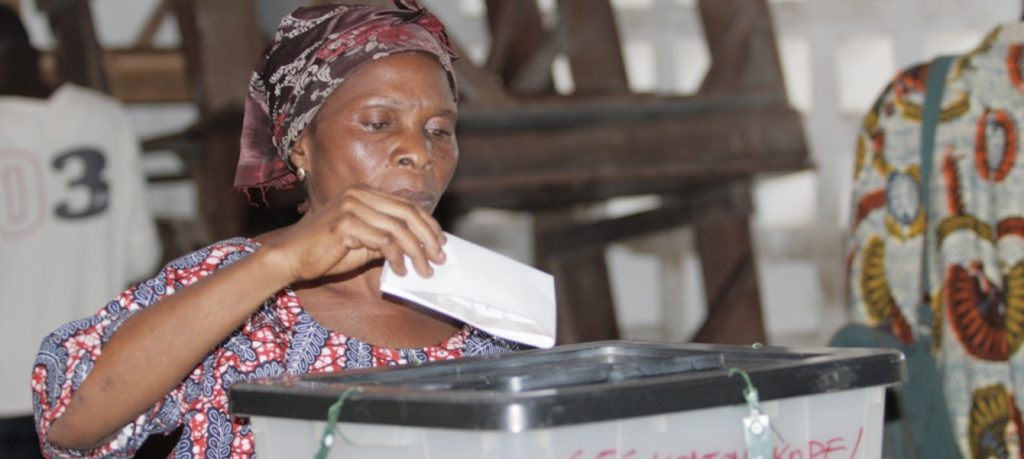The Zimbabwe Election Support Network (Zesn) is concerned about the continued suspension of by-elections in light of the observations made regarding religious, political and social gatherings around the country.
The Network observed that, recently, there has been a hive of activity with multitudes of congregates at religious or church gatherings and camps in Zimbabwe where concern about protecting peoples’ health does not seem to have been given equal weight as in the suspension of by-elections.
The opening up of businesses, schools, restaurants, and bars; the recent elections in Zambia and the ongoing local government elections in neighboring South Africa in the context of Covid-19, are a clear indication that by-elections can be held under strict Covid-19 protocols. Statutory Instrument (SI) 225A promulgated by Vice President and Minister of Health and Child Care Constantino Chiwenga, whose provisions indefinitely suspended by-elections as
a means to curb the Covid-19 pandemic, remains in place with no indications from policy makers on intention to review it.
Zesn notes that, while by-elections were suspended by the Minister of Health and Child Care through SI 225A, and the Zimbabwe Election Commission (ZEC) has been arguing that SI is standing in the way of the holding of by-elections – a position that ZEC Chairperson Justice Priscilla Chigumba recently reiterated to diplomats, in a news article published by a local publication, the Deputy Minister of Health and Child Care John Mangwiro refuted the claim arguing that his ministry was not responsible for stopping by-elections as it did not have the role to supervise elections. Worryingly, this discord is disturbing and a sure sign of policy inconsistency and confusion on who authorizes or suspends the holding of by- elections.
In turn, this affects the credibility of elections and is contrary to promoting democracy and relevant human rights. The continued suspension of by-elections is non- compliant to regional and international instruments that govern the conduct of democratic elections that Zimbabwe is signatory to.
The Network is of the view that the COVID-19 SI is seldom implemented given the fact that, at a time when by-elections remain suspended on account of the protection of the health of the public, some huge church gatherings, long winding queues for public transport and banks, house parties and crowding at various leisure centers have been witnessed.
A case in point is a church gathering of the African Apostolic Church on 23 October in Harare South, attended by the Constituency’s Member of Parliament Tongai Mnangagwa and covered by State- owned media, that attracted more than 16 000 congregants, and a much bigger one convened in Midlands from 29 to 31 October and addressed by Victor Matemadanda.
Another example is a religious gathering underway in Kotwa situated in Mudzi District, Mashonaland East Province where hundreds of the Apostolic (Vapostori) are congregating at their shrine. Political party gatherings have also been gaining momentum lately. This brings into question the sincerity of the continued suspension of by-elections on account of the protection of public health, especially as by-elections are due in only selected wards and constituencies where only local voters will participate and turnout is usually low in by- elections.
In her presentation to diplomats on 20 October, ZEC Chairperson Justice Priscilla Chigumba indicated that there were 28 vacancies in the National Assembly and 105 vacancies in local authorities. In neighboring South Africa, which had and continues to have high Covid- 19 cases and recorded deaths in Africa, voters cast their ballots in elections to choose local councilors in 257 municipalities on 1 October 2021.
In view of the foregoing, and considering the fact that ZEC long indicated readiness to hold COVID-19 compliant by-elections, ZESN implores the government to lift SI 225A to avoid the further violation of the democratic rights of citizens. ZEC should hold by-elections in line with
its policy on the conduct of elections amid COVID-19 and with COVID-19 protocols strictly enforced.
This is important in ensuring the adequate representation of the electorate and protecting the health of democracy.
